The book and its perceived blasphemy were cited as motivation in Islamic extremist bombings, killings, and riots and sparked a debate about censorship and religiously motivated violence. Fearing unrest, the Rajiv Gandhi Government banned the importation of the book into India. In 1989, Supreme Leader of Iran Ruhollah Khomeini called for Rushdie's death, resulting in several failed assassination attempts on the author, who was granted police protection by the UK government, and attacks on connected individuals, including the Japanese translator Hitoshi Igarashi, who was stabbed to death in 1991. The novel has been accused of blasphemy for referencing the Quranic Satanic Verses. As a result, Pakistan banned the book in November 1988. On 12 February 1989, 10,000 protesters gathered against Rushdie and the book in Islamabad, Pakistan. Six protesters were killed in an attack on the American Cultural Center, and an American Express office was ransacked. As the violence spread, the importing of the book was banned in India and it was burned in demonstrations in the United Kingdom.
In mid-February 1989, following a violent riot against the book in Pakistan, the Ayatollah Ruhollah Khomeini, then Supreme Leader of Iran and a Shia scholar, issued a fatwa calling for the death of Rushdie and his publishers, and called for Muslims to point him out to those who can kill him if they cannot themselves. Although the British Conservative Government under Margaret Thatcher gave Rushdie round-the-clock police protection, many politicians on both sides were hostile to the author. Those who translated this book in local languages were also attacked brutally. Some of them were killed. Hitoshi Igarashi, Rushdie's Japanese translator, was found by a cleaning lady, stabbed to death on 13 July 1991 on the college campus where he taught near Tokyo. Ten days prior to Igarashi's killing, Rushdie's Italian translator Ettore Capriolo was seriously injured by an attacker at his home in Milan by being stabbed multiple times on 3 July 1991. William Nygaard, the Norwegian publisher of The Satanic Verses, was critically injured by being shot three times in the back by an assailant on 11 October 1993 in Oslo. Nygaard survived but spent months in the hospital recovering. The book's Turkish translator Aziz Nesin was the intended target of a mob of arsonists who set fire to the Madimak Hotel after Friday prayers on 2 July 1993 in Sivas, Turkey, killing 37 people, mostly Alevi scholars, poets and musicians. Nesin escaped death when the fundamentalist mob failed to recognize him early in the attack.
In March 2016, PEN America reported that the bounty for the Rushdie fatwa was raised by $600,000 (£430,000). Top Iranian media contributed this sum, adding to the existing $2.8 million already offered. In response, the Swedish Academy, which awards the Nobel Prize for Literature, denounced the death sentence and called it "a serious violation of free speech". This was the first time they had commented on the issue since publication.
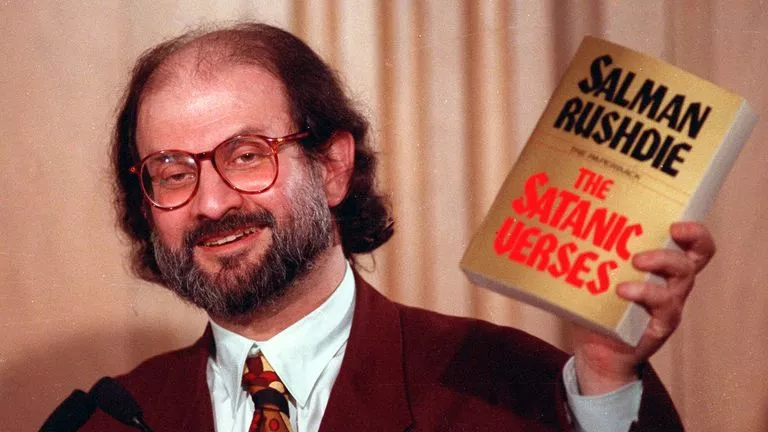
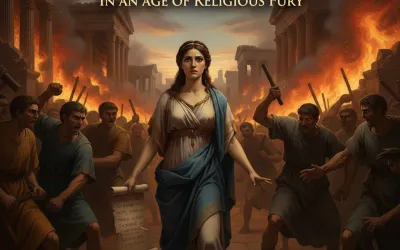
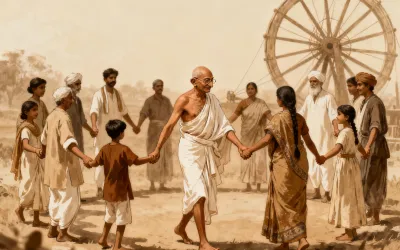
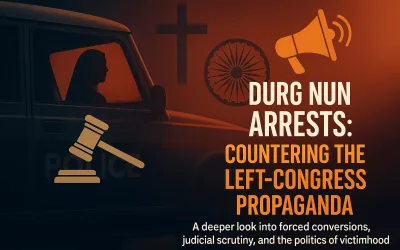
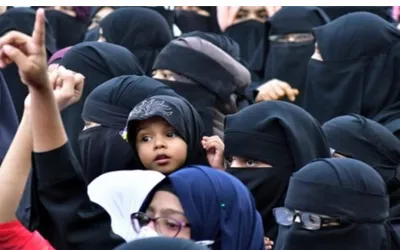
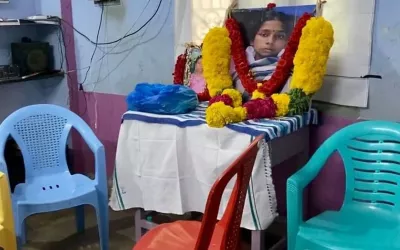
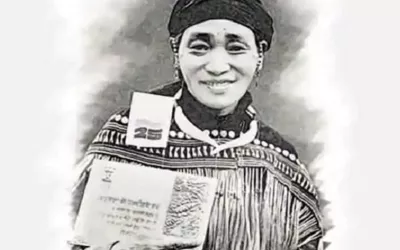
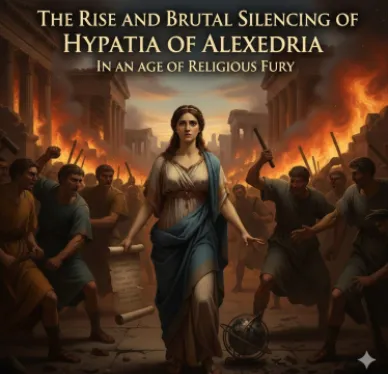

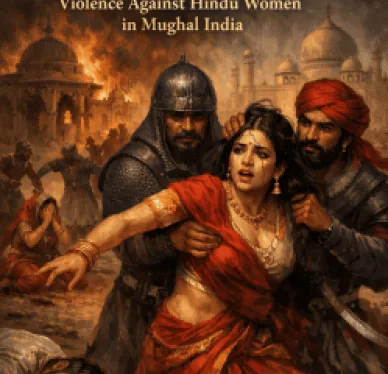
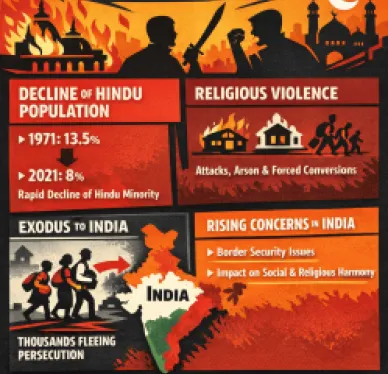
Comments
Add new comment